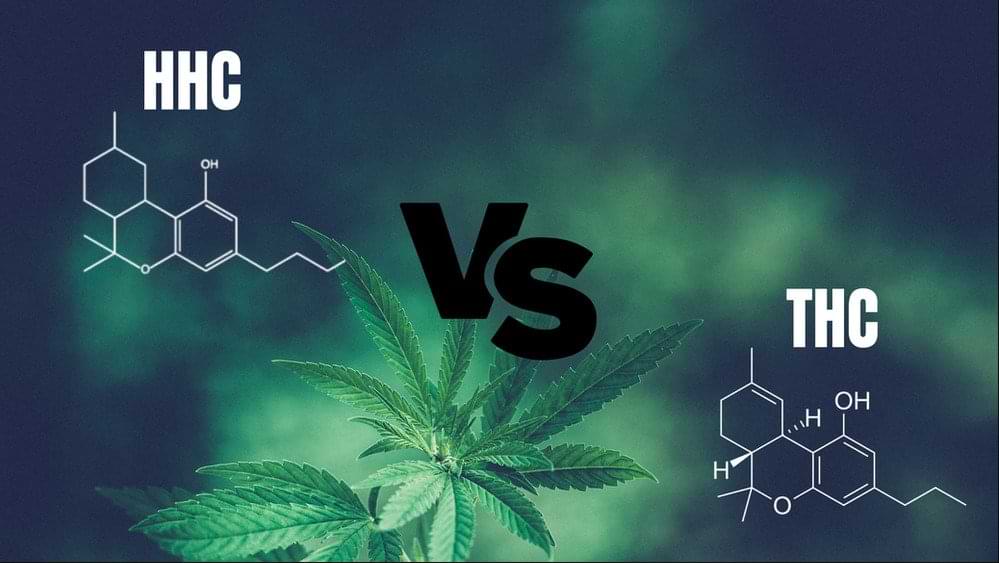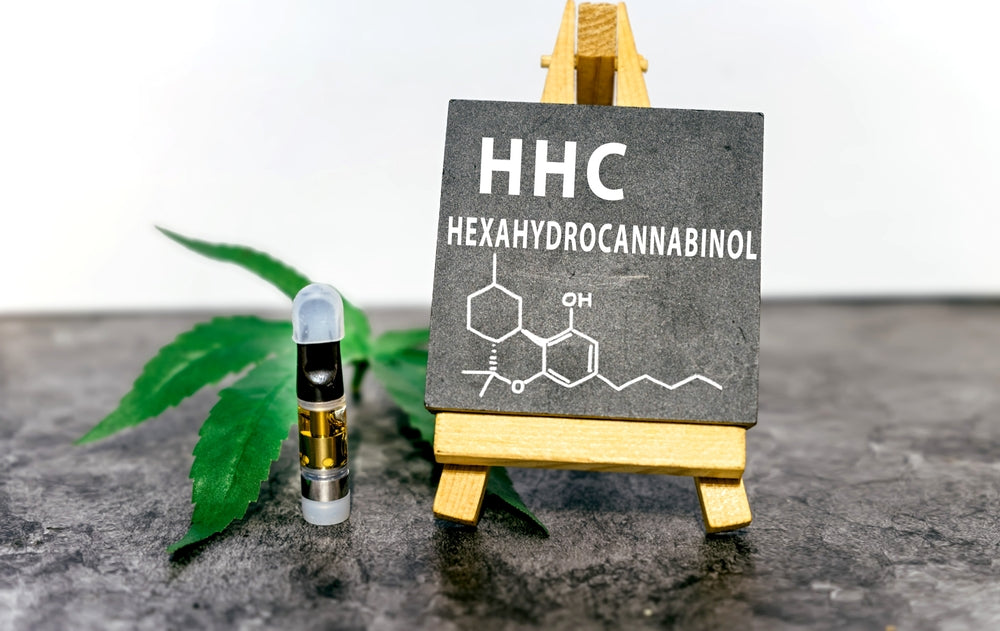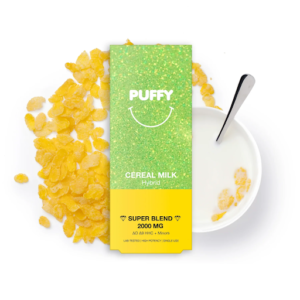
Phytocannabinoids always amaze us with euphoric uplifting senses, but their true potential is still unexplored. So far, Delta 9 THC has been the only popular natural cannabinoid dominating the psychoactive concentrates industry. However, the ongoing researches on hemp-driven CBD have changed the scenario.
CBD, a non-psychoactive medicinal compound, has suddenly brought a storm in the weed market with new synthesizing techniques for converting into HHC, CBN, CBG, etc. Compared to THC, CBD is more abundant in Indica and Sativa species, so the raw material availability is no longer an issue. Consequently, HHC (Hexahydrocannabinol) became the most talked about thing in the community. Thus, we have conducted in-depth research and found some interesting facts contrasting.
Both have different psychoactive and medicinal properties. This blog is going to contrast a comprehensive perspective of HHC vs THC, covering the latest discoveries. So stay connected!

THC (Tetrahydrocannabinol)
There are Δ⁸-THC, Δ¹⁰-THC, THCA and 11-OH-THC known variants, but the products we talk about in general communication mainly represent its Δ⁹ 9 version. The THC compound is mainly found in Sativa species and is known for emitting happy, euphoric vibes. It is the primary psychoactive element that naturally exists and binds to brain receptors, influencing mood, appetite, and perception. A multifaceted molecule, THC’s therapeutic potentials span from pain relief to appetite stimulation. Have a close look at some interesting facts about tetrahydrocannabinol:-
- THC was first isolated in 1964 by Israeli scientists Dr. Raphael Mechoulam and Dr. Yechiel Gaoni at the Weizmann Institute of Science.
- THC binds to CB2 cannabinoid receptors of the endocannabinoid system, which are concentrated in areas of the brain associated with thinking, memory, pleasure, coordination, and time perception.
- The effects after consumption last from 2 to 10 hours, depending on the person, consumption method, and potency of the cannabis product.
- There are lab-created versions of THC, known as synthetic cannabinoids, but these can have unpredictable effects.

HHC (Hexahydrocannabinol)
The naturally existing HHC percentage is not enough to commercialize; thus, it is made through the hydrogenation process using hemp cannabinoids as raw material. Compared to THC, HHC is more relaxing. However, euphoric effects are similar. Talking about potency level, HHC is milder but delivers much better medicinal benefits. Also, this compound binds with CB1 receptors of the endocannabinoid system. Now that its production has become very convenient, we are seeing a huge range of vapes, oils and edibles dominated by hexahydrocannabinol. Expanding the HHC market indicates that minor cannabinoids are taking center stage now. Get more familiar with this magical compound:-
- The initial anecdotes hint at HHC offering a milder, longer-lasting “high” compared to its famous cousin, THC.
- Many jurisdictions haven’t yet defined HHC’s legal status, creating a buzz among users and providing an edge over THC.
- The hydrogenation process that creates HHC from THC removes double bonds, potentially altering its interaction with our body’s endocannabinoid system.
- Beyond the competence of conventional THC and CBD, this cannabinoid is meant for a balanced high, ideal for both recreational and medicinal purposes.
The unique profile of this cannabinoid possesses the potential to open a new market space in the cannabis market.
Some FAQs Defining HHC Broadly For Potential Buyers
Is HHC safe to consume?
HHC represents the innovative frontier of cannabinoid exploration. While initial findings hint at its potential, comprehensive studies are ongoing to ascertain its full potency. As with all new discoveries, seeing scientific curiosity unfolding is encouraging. HHC’s dominant products approved by FCA are already present in the market. That means you can rely on a reputable brand for buying.
Does HHC get you high?
HHC carries psychoactive attributes that promise an intriguing experience. Users often report a gentler, more sustained elevation compared to THC. This unique blend of duration and intensity positions HHC as a fascinating alternative in the cannabinoid market.
Is HHC stronger than THC?
While it’s believed to offer a less intense peak than THC, its lingering effects make it stand out. This extended experience can be seen as HHC’s signature touch, offering a different kind of strength.







